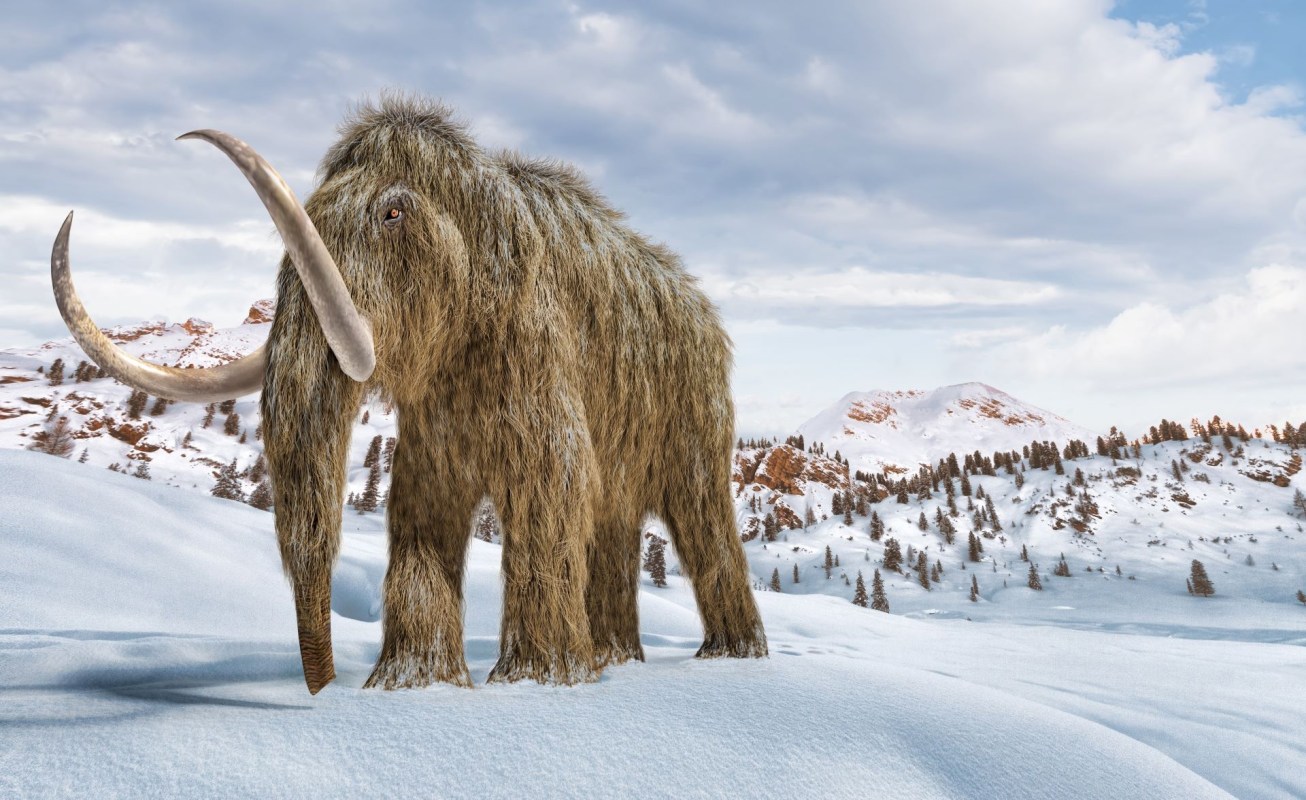As many of the Earth's species face extinction, a group of entrepreneurs has a new tactic to protect biodiversity: bringing long-gone species back to life.
As ridiculous as it may sound, scientists, investors, and researchers want to go full "Jurassic Park" on extinct animals like the woolly mammoth and the dodo.
Colossal Biosciences, a Dallas-based startup, is working to not only protect existing elephant species but also to use these elephants' DNA to genetically engineer mammoths back into existence.
Colossal plans to have the wooly mammoth roaming the tundra within the next five years. By reintroducing formerly extinct and ecologically important species, like the mammoth, Colossal hopes to slow or reverse the damaging effects of environmental degradation and species loss.
One of the startup's scientific advisors, Christopher Mason explained this clearly, writing on the company's website that "in leading the revolution to bring back extinct species, Colossal will restore and preserve these unique lifeforms for our planet."
While the company's goals are ambitious, they may be appropriately aggressive, considering the scale of species loss around the world.
Two of the three existing elephant species are now endangered, with one, the African forest elephant now marked as critically endangered. We're losing these important and majestic animals largely due to habitat loss, poaching, the overheating of the planet, and diseases like herpes.
Colossal Biosciences posits that if we lose important keystone species such as the elephant, entire ecosystems would be at risk. Protecting these animals not only will safeguard entire ecosystems, but it would also make it far easier to "de-extinct" animals like the mammoth.
But just because one company wants to bring back the mammoth or the dodo doesn't mean it'll happen, right? Maybe, maybe not. But it turns out that Colossal has an immense amount of financial support and is currently valued at around $1.5 billion.
Time will tell how successful Colossal is in its quest to genetically engineer mammoths (as well as the rest of its extinct to-do list). But for now, it is crucial that we protect the species on Earth that are currently in trouble.
So while the loss of biodiversity around the world remains a scary phenomenon, brilliant people are at work to design and implement creative solutions to the problems we face. We may have gigantic problems, but some are offering mammoth solutions.
Join our free newsletter for weekly updates on the coolest innovations improving our lives and saving our planet.









